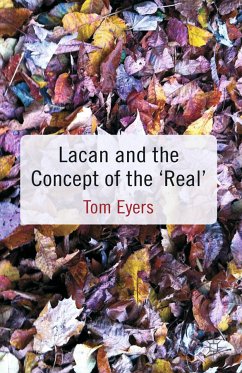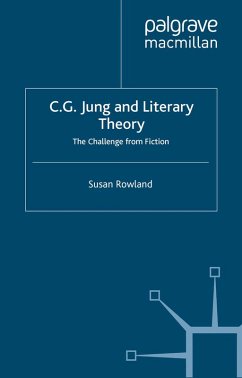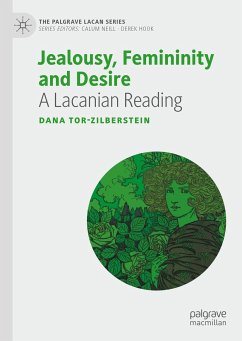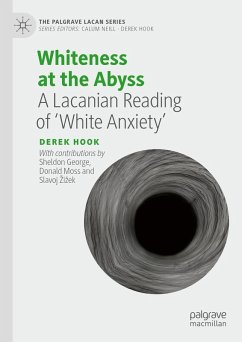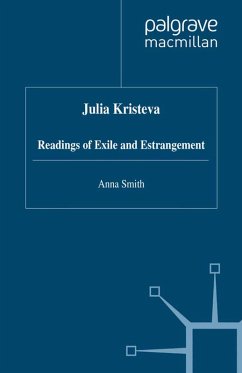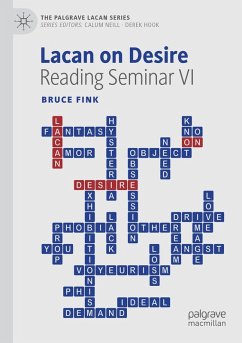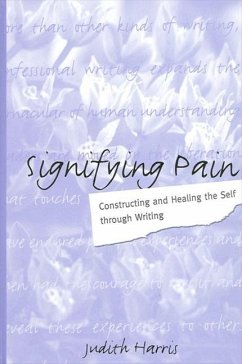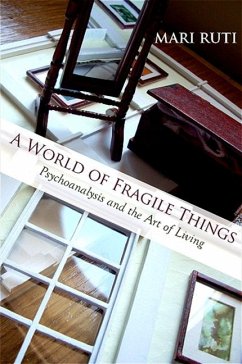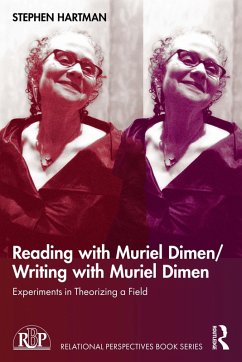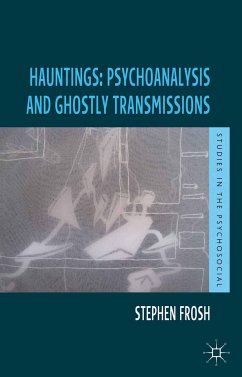
Hauntings: Psychoanalysis and Ghostly Transmissions (eBook, PDF)
Versandkostenfrei!
Sofort per Download lieferbar
22,95 €
inkl. MwSt.
Weitere Ausgaben:

PAYBACK Punkte
11 °P sammeln!
This book explores how the present is troubled by the past and the future. It uses the idea of haunting to explore how identities, beliefs, intimacies and hatreds are transmitted across generations and between people and how these things structure psychosocial and psychopolitical life.
Dieser Download kann aus rechtlichen Gründen nur mit Rechnungsadresse in A, B, BG, CY, CZ, D, DK, EW, E, FIN, F, GR, HR, H, IRL, I, LT, L, LR, M, NL, PL, P, R, S, SLO, SK ausgeliefert werden.




